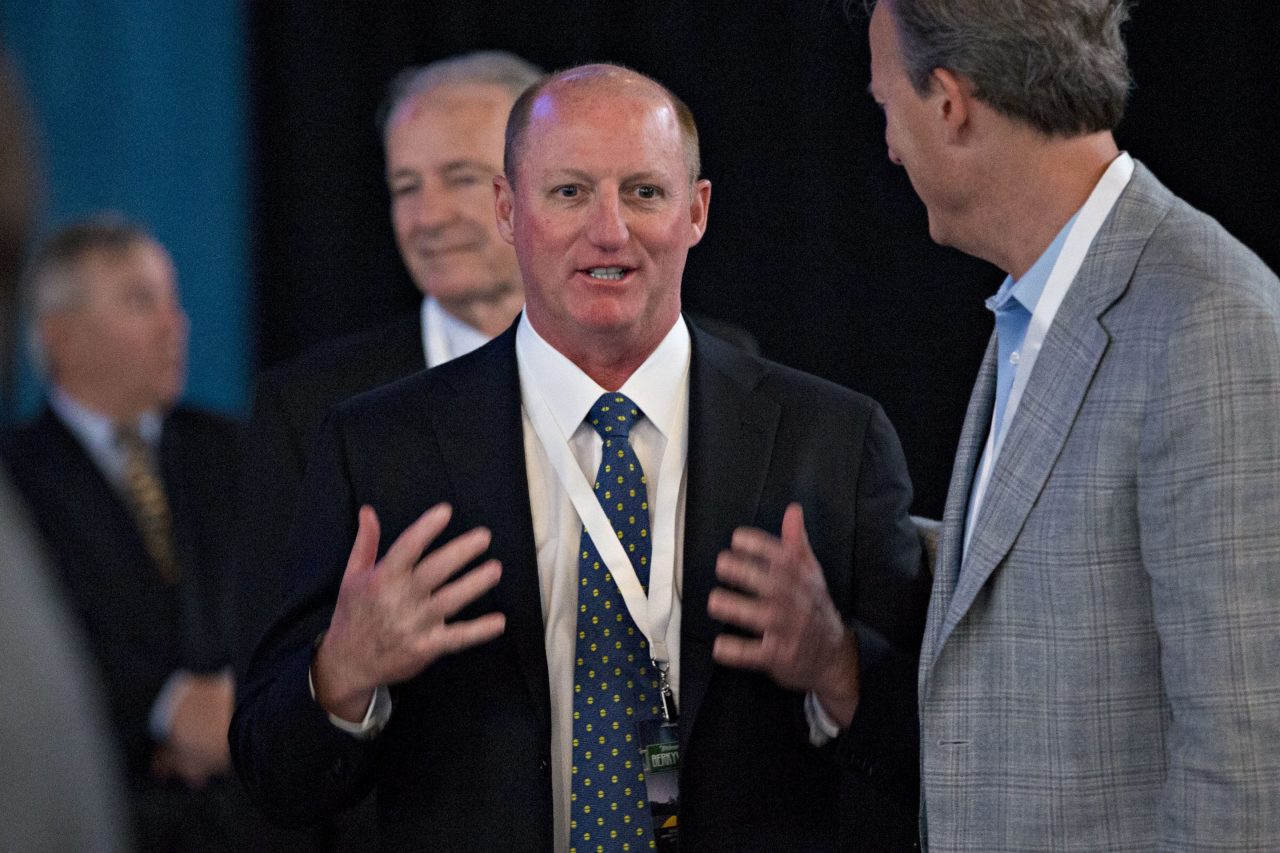JPMorgan CEO Jamie Dimon challenges Gen Z’s preference for remote work, saying real learning doesn’t happen in a basement. Discover why he believes in-office work is vital for career growth and mentorship.
Introduction: The Return-to-Office Debate Heats Up Again
The remote work revolution, sparked by the COVID-19 pandemic, has forever changed the modern workplace. But not everyone is cheering. Jamie Dimon, the outspoken CEO of JPMorgan Chase, has once again ignited controversy—this time by calling out Gen Z for clinging to work-from-home arrangements. His statement? “You can’t learn working from your basement.” The message is clear: Dimon believes that in-person work is crucial for young professionals to grow, collaborate, and succeed.
Jamie Dimon’s Take on Remote Work: Tough Love or Harsh Reality?
In a recent interview, Dimon emphasized that remote work may be convenient, but it limits personal and professional development, especially for early-career workers. His exact words:
“You can’t learn working from your basement. People don’t like commuting, but so what?”
Dimon argues that the office is where real mentorship, teamwork, and spontaneous learning happen—and that these are essential for those at the beginning of their careers.
Gen Z’s Love for Remote Work: A Generational Divide
The Shift in Work Culture
Gen Z—those born between 1997 and 2012—entered the workforce during a time when remote work became the norm. Flexibility, work-life balance, and digital-first communication are values they strongly embrace. According to surveys:
- Over 70% of Gen Z prefer hybrid or fully remote jobs
- Many report better mental health and increased productivity working from home
Dimon’s Challenge to Gen Z
But for Dimon, that’s not the full picture. He suggests that isolation stunts learning, limits exposure to corporate culture, and reduces career mobility. His warning is aimed particularly at young professionals who need face time with managers, peers, and mentors to build long-term success.
The Broader Message: Why In-Person Learning Still Matters
Mentorship and Networking
Workplaces are more than task factories—they’re learning hubs. In-person environments offer:
- Mentorship opportunities
- Spontaneous idea-sharing
- Real-time feedback
- Organic networking
Dimon emphasizes that these intangibles are difficult to replicate over Zoom or Slack.
Organizational Culture and Collaboration
Companies like JPMorgan believe in-office work nurtures innovation and teamwork. Dimon claims that company culture thrives when employees interact face-to-face, making collaboration more efficient and strategic decision-making faster.
Not Everyone Agrees: The Remote Work Pushback
While Dimon and other traditional CEOs argue for a return to office, others support remote work as the future of employment. Tech giants like Meta, Airbnb, and GitHub have embraced fully remote operations, citing global talent access, reduced costs, and employee satisfaction.
What This Means for Job Seekers and Employers
For Gen Z Employees
Dimon’s comments are a wake-up call for career-minded Gen Z workers: If you’re early in your career, consider hybrid models or in-office internships to gain real-world exposure. Learning from leaders in a professional environment still holds value, especially in industries like finance, consulting, and law.
For Employers
Companies must strike a balance—offering flexibility without sacrificing mentorship and engagement. Many are adopting hybrid policies that combine the best of both worlds.
Final Thoughts: Adaptability Is the Key
Jamie Dimon’s remarks may sound blunt, but they raise valid concerns about the future of work and how we learn. While remote work offers comfort and autonomy, young professionals should ask: Are we trading long-term growth for short-term convenience?
As the workplace continues to evolve, one thing is clear—those who adapt and blend flexibility with face-to-face learning will thrive.




